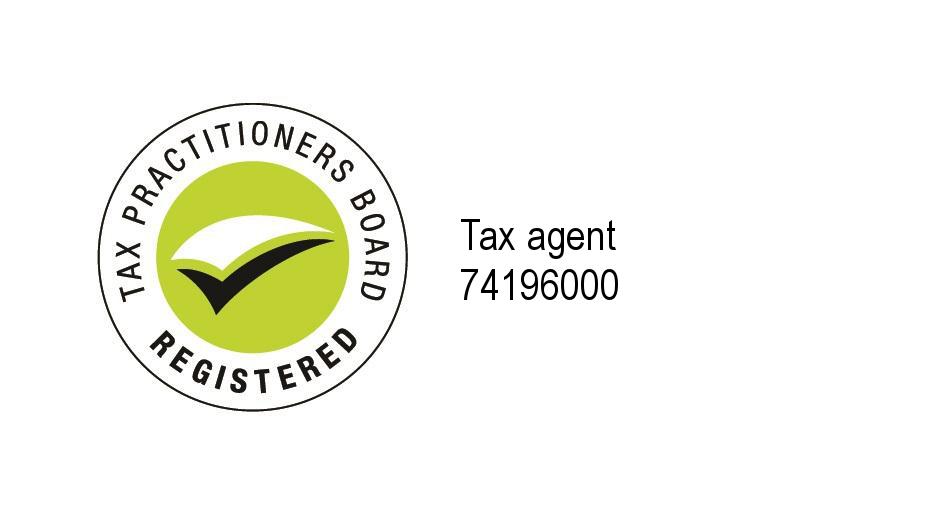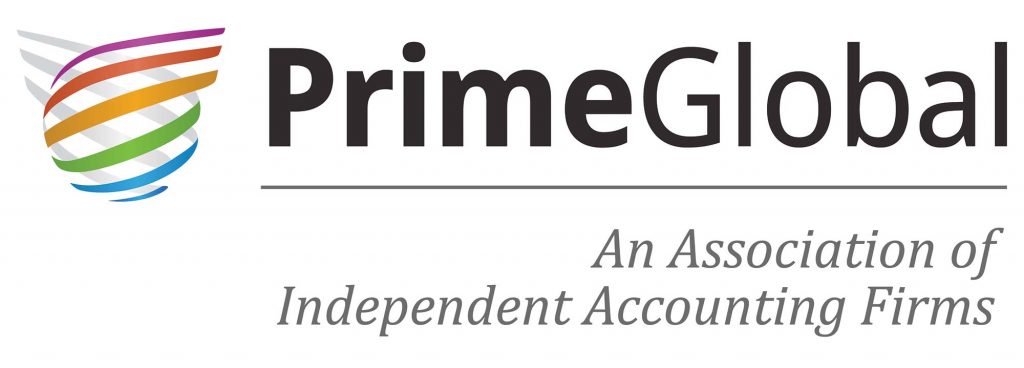Tax agents often rely on the ATO website in making decisions instead of referring to the tax law itself. This is not always enough to get things right as in an effort to simplify the legislation, sometimes things are not explained as well as they should be or are just plain incorrect.
Take for example the following statement that comes from an ATO webpage regarding the income requirement in the non-commercial loss rules titled “Income requirement and excepted business activities” that was pointed out to us by one of our clients. The webpage states that:
“To meet the income requirement, your other income in the income year must be less than:
-
- $40,000 assessable income if your loss-making business is in either primary production and professional arts
- $250,000 other income, if your loss-making business is in something else.”
The above statements imply that loss making primary production and professional arts businesses are not able to meet the non-commercial loss rules if the taxpayer’s assessable income from other sources is greater than or equal to $40,000 in that income year. This is not the case. Rather, if the taxpayer’s income from other sources is:
- less than $40,000 in the income year, they do not need to meet one or more of the four tests (i.e. assessable income test, profits test, real property test or other assets test) to claim their non-commercial loss against their other assessable income (s35-10(4) of the ITAA 1997);
- greater than or equal to $40,000 and less than $250,000 in the income year, taxpayers are subject to the normal rules that apply to other taxpayers wanting to claim a non-commercial loss. That is, they will need to meet one or more of the four tests referred to above or seek the Commissioner’s discretion (see s35-10 of the ITAA 1997 more generally).
The above is just one example of why practitioners should remain vigilant and not blindly assume that what they read on the ATO website is true. Taxpayers and/or their agents should also keep a record of such information if it is relied upon in coming to a tax position. This may assist in the event that the information turns out to be incorrect and the taxpayer is stung with a penalty.
However, the best practice is to always refer to the tax law – after all it is the true tax gospel!


